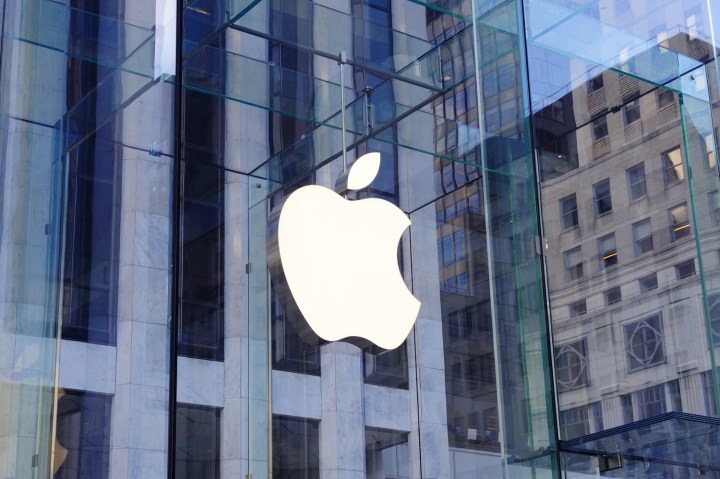
Immediately following Samsung’s recall of the Note 7, Samsung’s third-quarter market share predictably fell from 23.6 percent to 19.2 percent, the biggest slide in the company’s history. Apple, surprisingly, followed suit: the iPhone maker saw a year-on-year dip in market share from 13 percent to 11.5 percent in Q3, its lowest since 2009. The fall was especially acute in U.S. and China, where sales of Apple devices declined by 8.5 and 31 percent, respectively. “The iPhone 7 struggled to simulate … sales” despite Samsung’s decision to recall the Note 7,” Gartner wrote in its report.
Chinese smartphone brands, on the other hand, profited handsomely. Gartner reported that Oppo Electronics and BKK Electronics, Chinese companies based in the mainland, nearly doubled their market share in the third quarter. Sales from China made up 81 percent of Oppo’s profits and accounted for 89 percent of BKK’s, and furthermore, Chinese smartphone makers dominated China’s list of vendors in Q3. Huawei ended the quarter with 9.3 percent market share, Oppo with seven percent, and Vivo with 5.8 percent.
The news was not all bad for Apple, though. The company managed to ship 45.5 million iPhones, down only slightly from the 48 million it sold in Q3 2015. That happened despite sluggish overall sales in the country — shipments of Chinese smartphones rose one percent in the third quarter, to 362.9 million from 359.3 million in 2015’s third quarter. As 9to5Mac notes, Apple still captures more than 100 percent of all of the smartphone industry’s profits.
Still, news of Apple’s continued struggles in China come as the company’s under pressure for declining growth. Sales of iPhones have slowed since the beginning of 2016 when Apple reported its first quarterly earnings decline in 13 years. The smartphone maker is betting on the holiday season to help jump-start sales of the iPhone 7 and iPhone 7 Plus.

